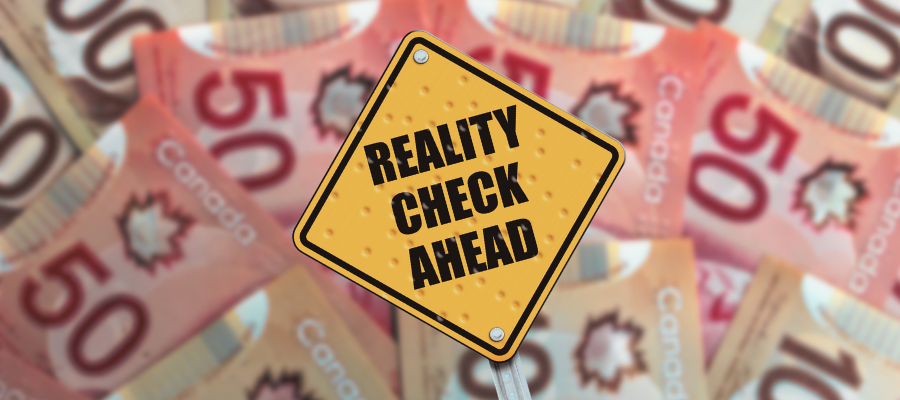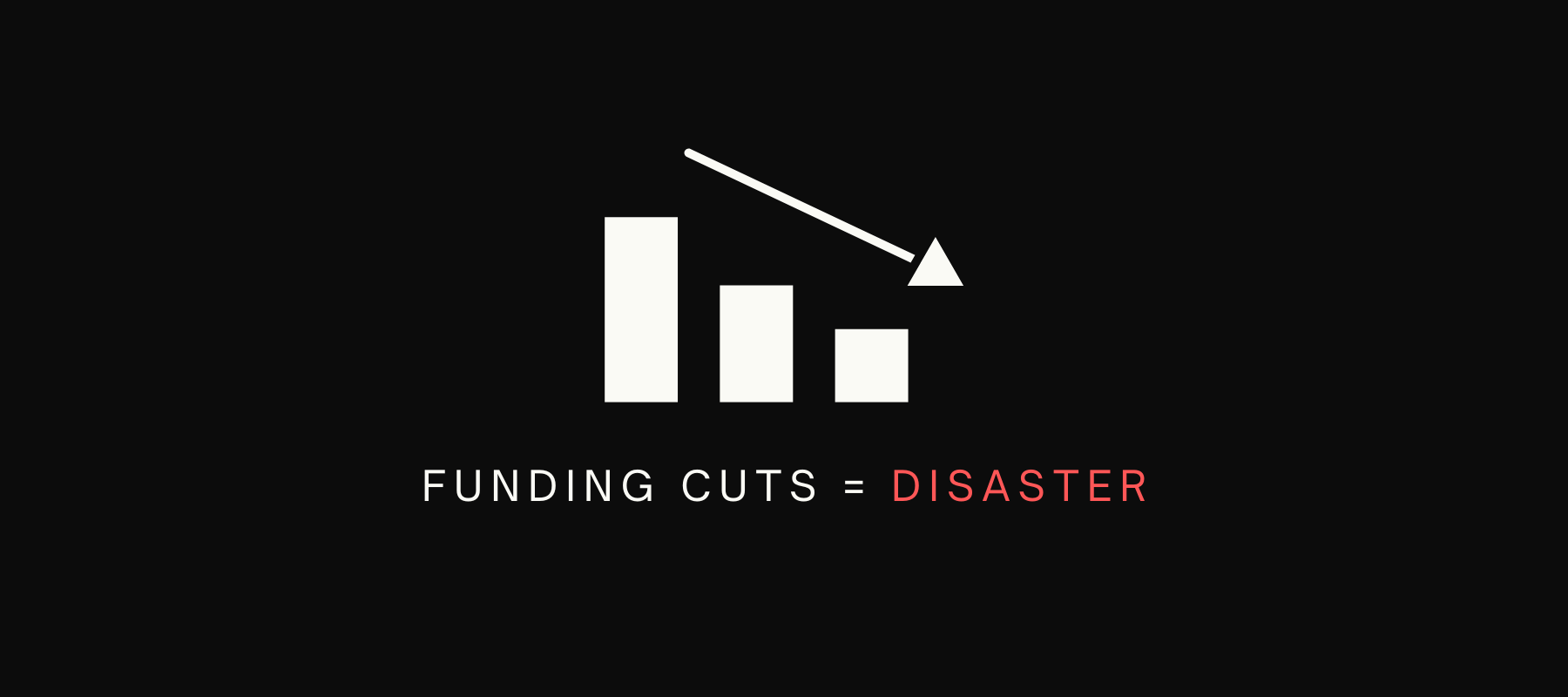Should we be afraid of the government debt?
Governments around the world are running large deficits in order to prop up their economies and dampen the hit of the global recession. For almost a year now, economists abandoned their usual anti-deficit arguments and seemed to agree that increasing government spending to stimulate the economy is the best way forward. We were all Keynesians for a while.
But now that these stimulus packages are starting to show results, the old debt-reduction rhetoric is making a comeback in the media. Harvard economist Kenneth Rogoff warns us from the pages of the Globe that the increasing government borrowing would precipitate a debt crisis, as governments in Canada and around the world struggle to repay their debts, while Preston Manning worries that we would need to recover from the recovery.
To what extent is increasing government debt a problem for BC or Canada as a whole? Let’s take a look at the facts.
Deficit-financing is essentially borrowing, and we all know that borrowed money eventually have to be repaid. But is borrowing always bad? Absolutely not! Most of us would agree that it’s entirely appropriate for businesses to borrow so they can expand production and for individuals to borrow in order to buy a house, for example. This, however, does not mean that borrowing is always good either. What matters is the size of the loan relative to the borrower’s ability to pay and how the money is going to be spent.
When we put the question of increasing government debt in perspective, we see that relative to other jurisdictions, BC and Canada are doing pretty well. Our debt-to-GDP ratios are among the lowest in the OECD. The truth of the matter is that advanced economies can sustain high levels of debt and be ok, as long as they don’t allow their debt-to-GDP ratio to get out of control.
The second key point that is often missed in media commentary is that the recent large increases in government debt are temporary. Governments are borrowing because their revenues have been decimated by the global recession and they need to stimulate their economies. But the current economic storm is not going to last forever. We need to recognize that while the increases in government debt are large, they are temporary. When the economy recovers, deficits will be eliminated and we can begin to develop plans for repaying the recession-time debts.
So when I say that it’s ok for BC to run a $3 billion deficit this year, and that the provincial government did not go far enough in providing an economic stimulus package, I’m not saying that the government should run a $3 billion deficit every year. Over the long run, the budget should be balanced by ensuring that government revenues are sufficient to cover the cost of the services that our government provides (and we need to have a discussion of what these should be). But in the current serious recession, the government needs to temporarily run deficits.
This is because the alternatives are much worse. There are only three ways for a government to avoid deficits at this time: cut spending, increase taxes or sell assets. Large spending cuts during a serious recession will have high social and economic costs, as I explain here. Increasing taxes will put the breaks on the economy at exactly the wrong time. Selling assets is always a short-sighted way of dealing with fiscal problems, and even more so in the current market. Borrowing money to maintain the level of government spending is simply the best option we’ve got in a serious recession and it is the responsible way to go.
Topics: Economy, Provincial budget & finance


